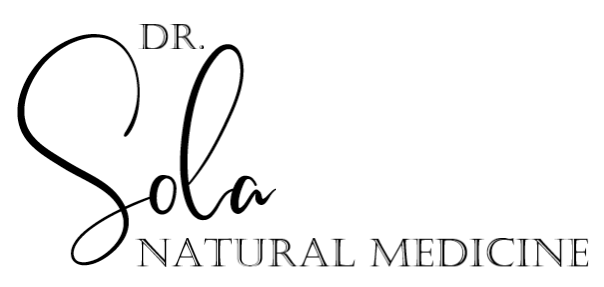
Caulophyllum thalictroides
Common Name: Blue Cohosh
Family: Berberidaceae (Barberry family)
Parts used: Root
Constituents: Quinolizidine alkaloids (methyl-cytisine, anagyrine, bapitfoline, magnoflorine) and steroidal saponins (caulophyllosaponin and caulosaponin)
Taste/smell: Bitter, slightly acrid, with a sweet aftertaste
Tendencies: Cooling, drying
Actions
Female reproductive tract tonic
Uterine tonic
Parturifacient (facilitates labor)
Abortifacient (induces abortion)
Vermifuge/Anthelmintic (kills parasites)
Anti-inflammatory
Anti-rheumatic
Antispasmodic
Diuretic
Uses
Uterine weakness or loss of tone due to chronic inflammation
Amenorrhea
Dysmenorrhea
Cervicitis
Chronic pelvic inflammatory disease (PID)
Endometriosis
Ovarian pain and inflammation
Irregular menstrual cycles
Cyclic mastalgia (breast pain)
Infertility in females
Menorrhagia (heavy bleeding)
Uterine prolapse
Last weeks
Dosage
Tincture (1:1, 25%): 10-50 drops (0.5-2 mL) TID
Tea infusion: 1 tbsp per cup
Capsules: 0.5-2 g of dried herb TID
Mental Picture and Specific Indications
Specific for someone with heavy, achy, spasmodic uterine pain with congestion and prolapsed lax tissues, pain in the thighs and lower back, spasmodic muscular pains, rheumatic pains and a dull frontal headache with thirst
Contraindications
Early pregnancy
Nursing mothers
Active duodenal ulcers
Gastritis
Hyperchlorhydria
GERD
Biliary obstruction
Acute diarrhea
Acute cholelithiasis
Allergic hypersensitivity to Asteraceae family (i.e. arnica, chamomile, feverfew, ragweed, tansy, yarrow)
Adverse Effects
In large doses, it causes gastrointestinal irritations with nausea, vomiting, and diarrhea
Toxicity
High doses may interfere with the absorption of nutrients
Interactions
None known
References:
Brinker, Francis J. Herbal Contraindications and Drug Interactions plus: Herbal Adjuncts with Medicines. Eclectic Medical Publications, 2010.
Kaufmann, Taylor. NPLEX II Study Guide. Wild Brilliance Press, 2019.
Lun, Vincent, et al. Core Knowledge for NPLEX 2. 1st ed., Marano Publishing Incorporated, 2014.
Marciano, Marisa, and Nikita A. Vizniak. Evidence Informed Botanical Medicine. Professional Health Systems Inc., 2015.
Skenderi, Gazmend. Herbal Vade Mecum: 800 Herbs, Spices, Essential Oils, Lipids, Etc., Constituents, Properties, Uses, and Caution. Herbacy Press, 2004.
Tilgner, Sharol. Herbal Medicine: From the Heart of the Earth. Wise Acres, 2020.


